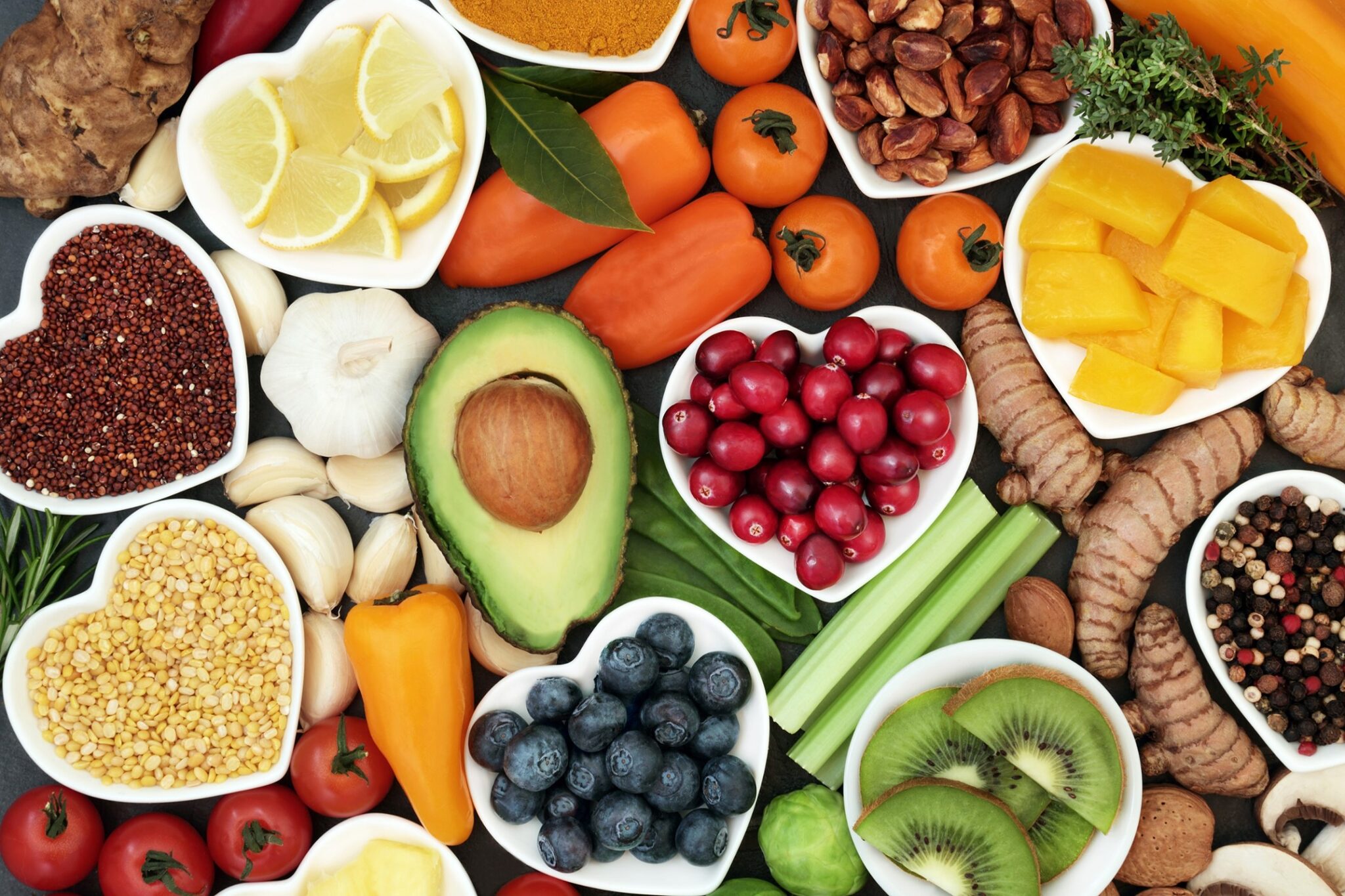The health benefits of seeds are not only because they contain a plant embryo, but also the reserves necessary for its germination, the seeds constitute a veritable concentrate of energy.
Some seeds, like those of flax, are featherweights. Others, on the other hand, weigh blithely several kilos, like the seed of the coconut palm, also called coco butt. Not all terrestrial seeds are eaten, and the nutrients they provide vary significantly from one to another. But, because they contain not only a plant embryo, but also the reserves necessary for its germination, the seeds constitute a veritable concentrate of energy. And this is true regardless of the fruit from which they come.
“There are roughly three main categories of seeds, explains Loïc Rajjou, researcher at the Jean-Pierre-Bourgin Institute. All contain proteins which serve as their reserves in greater or lesser quantities, the highest proportions being found in soybeans, lentils, beans… Next, the seeds store energy either in the form of lipids – and there there are many in nuts, rapeseed, sunflower, chia, flax, etc. – or in the form of complex sugars, with high levels for cereals such as wheat, rice, corn, etc. Among all these seeds, some oilseeds (sesame, flax, almonds) can be eaten raw and provide nutrients.
People also read: Exploring the Benefits of a Mediterranean Diet
Rich in fiber and vitamins
The seeds also provide dietary fibre, vitamins and mineral salts. The fiber rate, for example, is close to 40% for fennel seeds, 34% for those of chia, but only 10% for almonds, and just over 6% for sunflower. As for vitamins, there is a whole range of them (B1, B2, B6, B9, etc.), but the highest concentrations are those of vitamin E, a fat-soluble vitamin, and therefore mainly present in oilseeds (42 mg/100 g of sunflower). Moreover, with regard to vitamins and mineral salts, emphasizes Loïc Rajjou, “the actual contribution is very contrasting and disputed”.
“In reality, most minerals are not very, if at all, bioavailable in the seeds,” continues the researcher. And for good reason: as long as they are not developing, in a dry state, the seeds must trap their minerals. To release them, and take advantage of them, you have to start the germination program, that is to say soak the seeds with water.
The goal, for the consumer who embarks on this operation, is not to obtain young shoots. Moreover, you should not wait too long before using them because there is a risk of contamination by pathogenic bacteria during the growth of the seedlings.
As for the health benefits attributed to dry and pre-germinated seeds… Few of them have really been validated by clinical studies. But we benefit from proven advantages when we consume their vegetable fats: they have favorable proportions of omega-3 fatty acids necessary for the proper functioning of the cardiovascular system, and vitamin E, renowned for its antioxidant effects.
People also read: Oily Fish and Chocolate: The Secret to a Good Memory?
Based on data from some 81,000 people, a Franco-American study published last October thus revealed that people who derive their protein intake mainly from seeds and nuts presented a risk of cardiovascular disease reduced by 40%.
In summary, seeds are incredibly beneficial for overall health due to their rich nutrient profile. They are packed with vitamins, minerals, healthy fats, protein, and dietary fiber, which support various bodily functions. Seeds, such as flaxseeds, chia seeds, and hemp seeds, are particularly valuable for heart health due to their omega-3 fatty acid content. Additionally, seeds promote digestive health, provide antioxidants for protection against chronic diseases, aid in weight management, contribute to bone health, and assist in blood sugar control.
By incorporating a variety of seeds into your diet, you can enjoy the diverse range of nutrients they offer. However, it is always advisable to seek guidance from healthcare professionals or registered dietitians before making significant dietary changes. Harness the power of seeds and enhance your well-being with their numerous health benefits.
Remember, it’s always a good idea to consult with a healthcare professional or registered dietitian before making significant changes to your diet, especially if you have any specific health concerns or conditions.


[…] People also read: What are the health benefits of seeds […]